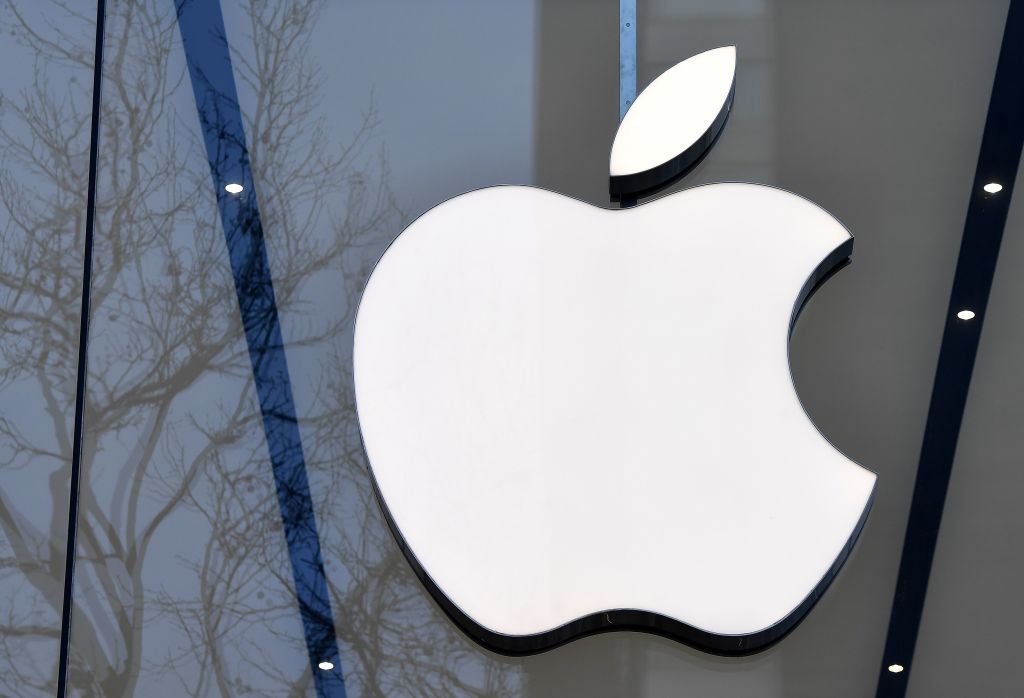I am not sure about the capacity of AI to take over the world and suppress humanity, but big tech certainly has the ability to spark a trade war. There is a fuss brewing right now over an encryption system known as Advanced Data Protection available on iPhones and other Apple devices. Several weeks ago, the Home Office demanded that Apple create a so-called ‘back door’ into the system to allow law enforcement agencies to access photographs and other users’ data, saying that it was necessary in order to tackle child abuse and other serious crime. Apple held out, refusing to compromise the privacy of its customers. Now it has responded by withdrawing the tool from UK users altogether. It means that not only will law enforcers find it easier to access users’ data, but so, too, might fraudsters.
It is easy to argue that child abusers must not be allowed to evade justice by being able to store photographs away from police investigators. But it is unlikely to cut much ice with the Trump administration – nor, indeed, would it with any other US president. On the one hand is a fundamentally different attitude towards privacy issues between the US and Europe, especially Britain. While the former tends to favour the citizen, the latter tends to favour the state. Britain is a particular outlier, as might be seen in the proliferation of CCTV cameras on UK streets – something much less in evidence in Germany. The picture is complicated, though, in that sometimes it is the tech giants themselves which are accused of invading our privacy. For years, Google Streetview was available only sparsely in Germany thanks to concerns from householders about users being able to pry into their windows remotely. It wasn’t until 2023 that the service was fully available in the country.
On the other hand is a fear on the part of the US that its tech giants are being unfairly targeted by European regulators, possibly out of envy that Europe has few large, successful tech companies of its own. The EU has become a master in non-tariff trade barriers – i.e. regulations dressed up as health and safety rules or consumer protection legislation, but which are really designed to keep out foreign goods and services. In addition to the various laws like the General Data Protection Regulation, US tech companies have also been aggrieved by online sales taxes levied by Britain and other European countries, which they see as unfairly singling them out. Tech services are a very important US export to Europe, and anything which appears to be thwarting them is bound to be seen by Trump as an underhand means of trying to preserve Europe’s trade surplus with the US. Never mind that European consumers in their masses appreciate the services of US tech giants and are being punished by laws and taxes targeting social media and the like, a mercantilist attitude prevails over Brussels just as it does over Washington.
The fuss over Apple’s Advanced Data Protection couldn’t have come at a worse time for Britain. In the weeks since Trump returned to the White House Keir Starmer’s government has entertained the possibility that Britain might somehow remain outside the tariffs which the US President has been threatening to unleash on EU countries. Trump himself hinted that while he saw the UK as guilty of protectionism against US goods and services he views the country much more favourably than he does EU countries.
Now, however, we have a case where Britain has gone further than the EU in regulating US tech giants. That is not going to help us avoid Trump’s threatened trade war. Fighting child abuse and boosting global trade shouldn’t really be in conflict, but circumstances have conspired to make them so.








Comments